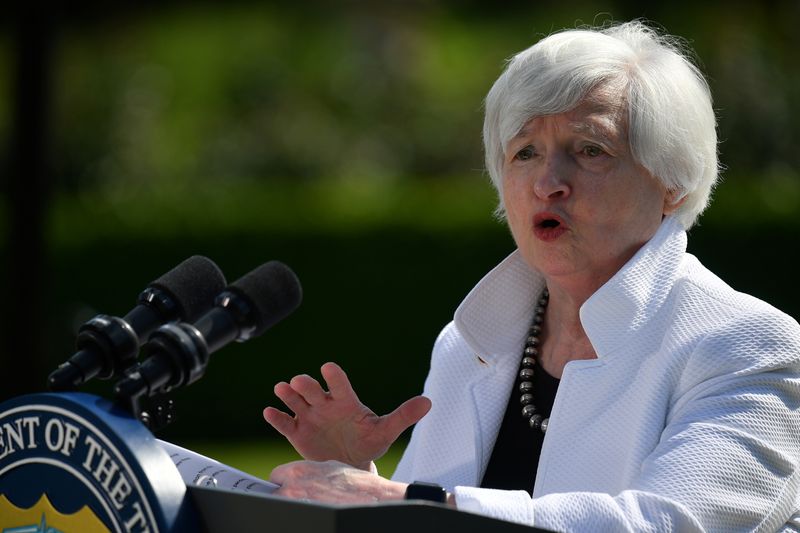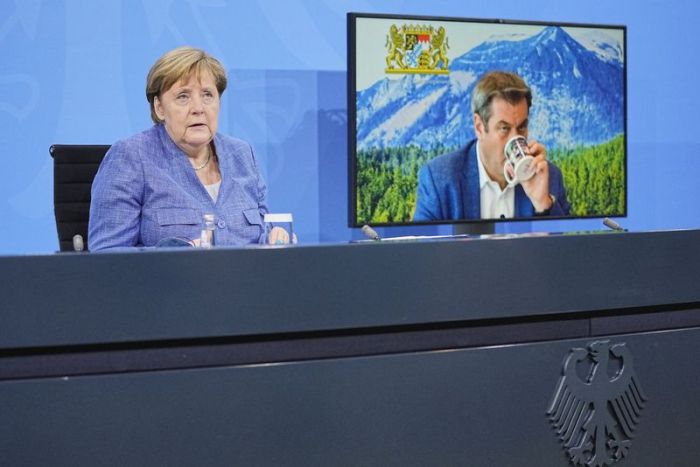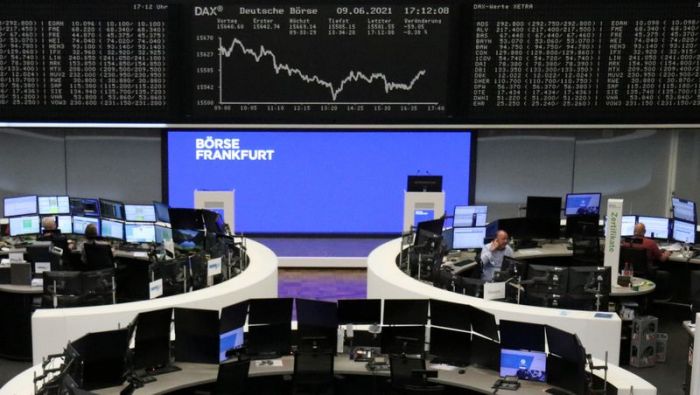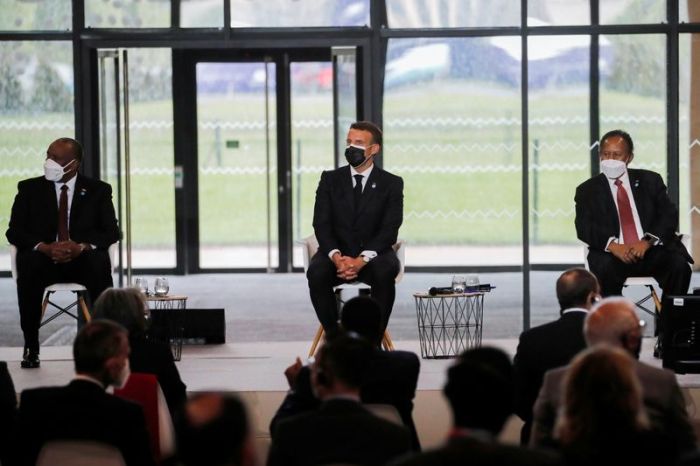WASHINGTON (Reuters) -U.S. Treasury Secretary Janet Yellen told lawmakers on Thursday that debt relief for poor and developing countries would be hampered without new funding, while $2.7 billion in current unmet U.S. commitments to the World Bank, International Monetary Fund and other institutions would grow.
Yellen, in prepared remarks to a U.S. House of Representatives Appropriations subcommittee, said that the G20 Debt Service Suspension Initiative for poor countries and a new debt restructuring “Common Framework” both need funding from Congress.
“Without new funding, the United States could be forced to delay the multilateral debt process under the Common Framework and charge much higher interest rates on DSSI debt service suspensions,” Yellen said.
Yellen said the Treasury’s budget request for fiscal 2022 includes funding for these initiatives as well as U.S. contribution commitments to international financial institutions, such as the World Bank’s International Development Association fund for the poorest countries.
She said the budget plan also includes funding for the first-ever U.S. contribution to the IMF’s Poverty Reduction and Growth Trust, a fund that aids poor countries. It also would allow the United States to lend IMF Special Drawing Rights (SDRs) through the trust to poorer countries that need them.
The IMF is working on a $650 billion distribution of foreign exchange assets in the form of SDRs, the IMF’s unit of exchange, to all of its members later this year. To spend those SDRs, recipients would need to exchange them for the underlying hard currency with a willing country.
Yellen was questioned by Republican Representative Guy Reschenthaler about whether the IMF SDR issuance would benefit U.S. adversaries, including China, Russia and Iran.
Yellen said that these countries would be allocated SDRs as IMF members. China and Russia would be unlikely to want to spend them, while Iran, facing widespread international sanctions, would be unlikely to find a willing source of exchange.
Asked if Myanmar, where the military seized power in February, would use its SDRs, she said: “No, Burma will not be able to use its SDRs. When a government has taken power by force, the IMF will not transact with it, unless a majority of IMF shareholders say they recognize the government, and that hasn’t happened.”
Yellen also said that the Treasury has discussed with Chinese authorities the need for more Chinese state lending entities to participate in G20 debt relief efforts for poor countries
She also told lawmakers that Treasury’s budget request includes roughly $1 billion to help developing countries adapt to climate change, including expanding clean energy and conserving rain forests, which absorb carbon emissions.
(Reporting by David Lawder, additional reporting by Jason LangeEditing by Chizu Nomiyama and Jonathan Oatis)
























